What Heals
the Heart
Cowbird
Creek Book 1
by
Karen A. Wyle
Genre:
Western Historical Romance
Joshua
Gibbs survived the Civil War, building on his wartime experiences to become a
small town doctor. And if he wakes from nightmares more often than he would
like, only his dog Major is there to know it.
Then
two newcomers arrive in Cowbird Creek: Clara Brook, a plain-speaking and yet
enigmatic farmer’s daughter, and Freida Blum, an elderly Jewish widow from New
York. Freida knows just what Joshua needs: a bride. But it shouldn’t be Clara
Brook!
Joshua
tries everything he can think of to discourage Freida’s efforts, including a
wager: if he can find Freida a husband, she’ll stop trying to find him a wife.
Will either matchmaker succeed? Or is it Clara, despite her own scars, who can
heal the doctor’s troubled heart?
Karen
A. Wyle was born a Connecticut Yankee, but eventually settled in Bloomington,
Indiana, home of Indiana University. She now considers herself a Hoosier.
Wyle's childhood ambition was to be the youngest ever published novelist. While
writing her first novel at age 10, she was mortified to learn that some British
upstart had beaten her to the goal at age 9.
Wyle
is an appellate attorney, photographer, political junkie, and mother of two
daughters. Her voice is the product of almost five decades of reading both
literary and genre fiction. It is no doubt also influenced, although she hopes
not fatally tainted, by her years of law practice. Her personal history has led
her to focus on often-intertwined themes of family, communication, the
impossibility of controlling events, and the persistence of unfinished
business.
Author
Links
Website * Blog
* Facebook * Twitter * Amazon *
Goodreads * Smashwords
*
Newsletter
GUEST POST
Author
Q&A
Q.
What
inspired you to write What
Heals the Heart?
A.
Durned
if I know! Some of my novels have grown out of news items, whether
current events or accounts of scientific or technological advances.
At least one started as a dream. But my earliest recollection of the
seed for this book is a saved text file in which the protagonist was
not a doctor but a private detective.
Q.
What
led you to self-publish your novels?
A.
Once
I finished the rough draft of my novel Twin-Bred,
I began reading every blog and Twitter feed I could find, as well as
several books, about the publishing process.
At first, I was learning how to query agents and publishers, and how
to format a manuscript for submission. But the more I read, the more
I realized two things:
–Self-publishing
was eminently feasible and would give me much more control over
content, marketing and timing.
–In
the current state of the industry, there are serious risks involved
in the traditional route. More and more agency and publication
contracts include language that can seriously limit an author's
future options, while offering relatively little in exchange. Nor
will the publisher who's preparing your book for publication in
eighteen months necessarily be in business that long.
Q.
Are
there any specific authors whose writing styles or subject matter
have inspired you?
A.
Mary
Doria Russell's The
Sparrow and
Children
of God are
brilliant treatments of the theme of human-alien communication
difficulties, the subject of my Twin-Bred
series.
Like me, she started with science fiction and then turned to
historical fiction. Her books inspire me even as their excellence
intimidates me.
I
have also tended to gravitate toward novelists who explore themes
such as the irrevocable impact of actions and decisions, whether
obviously momentous or seemingly trivial – novelists from the 19th
Century author George Eliot to current YA author Caroline Cooney.
Q.
What
do you like best about being a writer, and what do you dislike most
about it?
A.
I
love it when the story decides to write itself! It's a bit like being
a medium and channeling some spirit. I also find it extremely
rewarding when readers tell me that one of my novels has moved them
or even helped them through a difficult time.
My
greatest ongoing gripe is the amount of work involved in trying to
increase my visibility in the crowded literary landscape. However, as
that difficulty is inextricably connected to the greater
opportunities for authors these days, I try to focus on the positive.
Q.
Do
you plan to write more historical romance? More historical fiction in
general? More about Cowbird Creek and its inhabitants?
A.
Having
taken the plunge into historical fiction – which I hope readers
will consider an apt description of this novel, despite its belonging
in the subgenre of historical romance – I think it likely I’ll
paddle around for a while. First up will probably be a second romance
set in Cowbird Creek, focusing on a couple of the secondary
characters in What
Heals the Heart.
I’m also intrigued by the possibility of dealing more thoroughly
and seriously with the impact of the Great Grasshopper Plague of
1874-1875, about which I learned only late in the process of writing
this novel. After that – who knows?
I
will, however, strive to finish editing another near-future SF novel,
Donor,
and may well publish it before the second Cowbird Creek book.
Q.
Why
are most of your previous novels science fiction?
A.
I’ve
been reading (and to a lesser extent, watching) science fiction for
so long that I tend to view experiences, such as walking my dog and
wondering what she’s smelling, and new information, such as news
stories about conjoined twins or womb twin survivors, through a
science fiction lens.
Q.
Which
of your previous novels are most likely to appeal to readers who
enjoy What
Heals the Heart?
A.
I
hope that even readers unfamiliar with science fiction will, if they
give my SF novels a try, find a similar style, sensibility, and
thematic focus in those stories. That said, perhaps the novel closest
in tone to, and whose subject matter has most in common with, What
Heals the Heart is
Wander
Home,
a family drama with mystery and romance elements set in a re-imagined
afterlife. This afterlife has features which lend themselves to the
confrontation of lingering personal issues and unfinished business.
For example, you can relive any memory in perfect detail – and if
someone else who took part in the remembered scene is there with you,
you can trade places and remember the events from the other person's
perspective. There are other aspects of the afterlife that, while
serving this same purpose, are also just plain fun. You can be any
age at any time, and visit any place that you remember or that anyone
you meet – from any time in Earth's history – remembers.
Wander
Home concerns
a mother who desperately wanted a child, but who left that child in
the care of her parents and grandmother for unknown reasons. The
child, grandparents,
and great-grandmother die in an auto accident four years after the
mother's mysterious departure; the mother dies of stress
cardiomyopathy ("broken heart syndrome") some time later,
and is reunited with the family she left behind.
$20
Amazon
Follow the tour HERE for special content and a
giveaway!
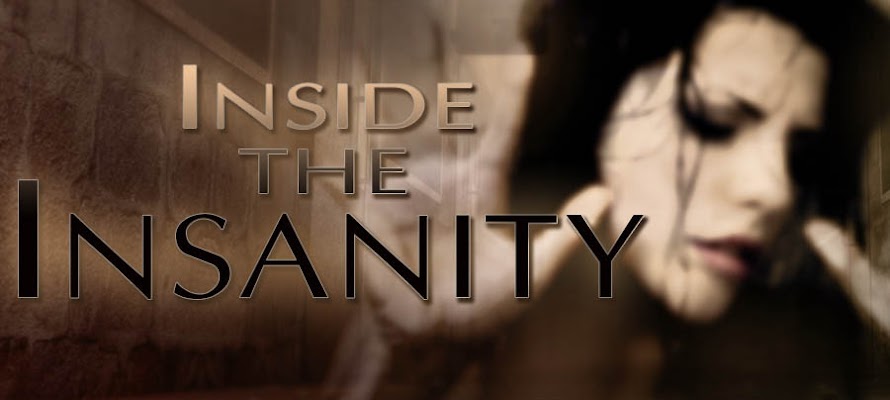
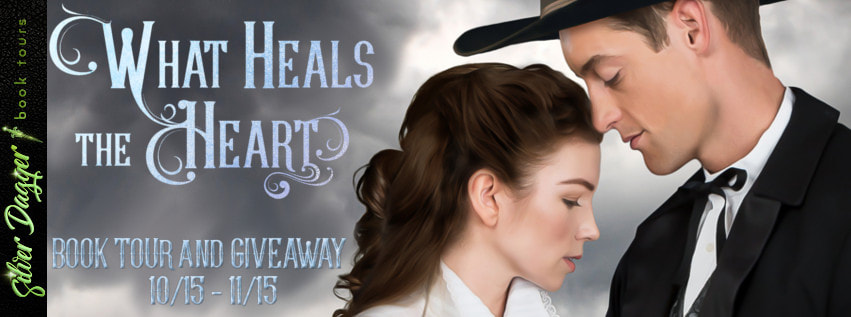
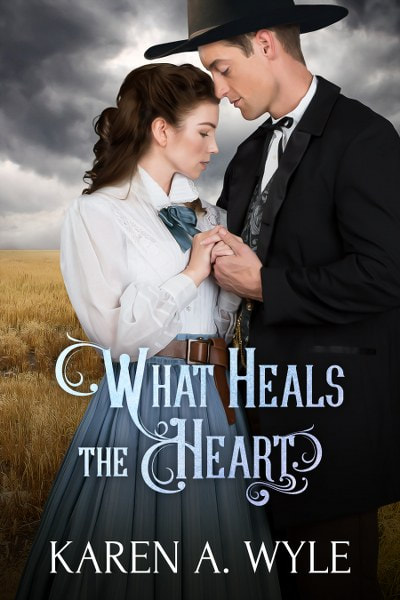


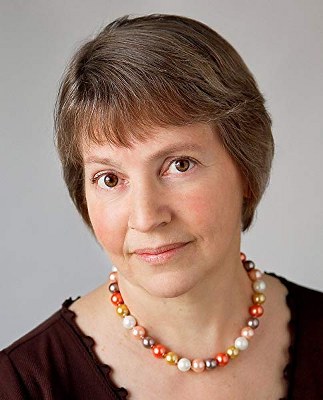

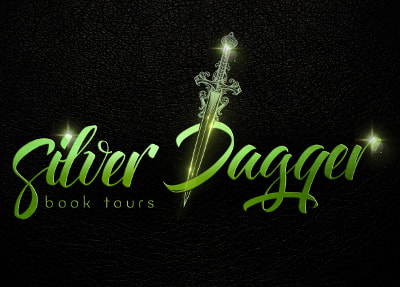
Thanks for hosting the tour!
ReplyDeleteI'd be happy to answer any questions about this book, previous books, future books, the cover, my writing process, or pretty much anything else.